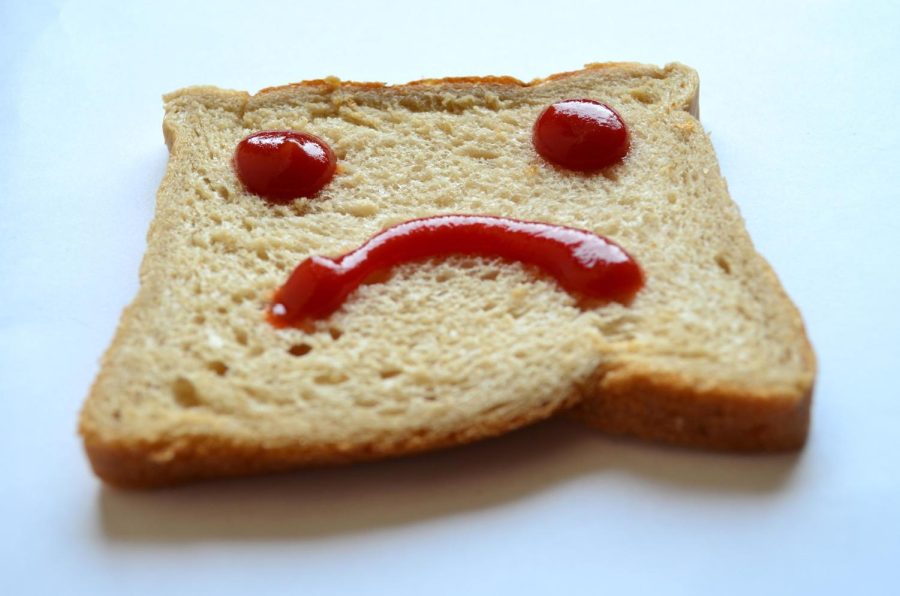Detrimental dieting
Though some may find superficial value in dieting, it is not all it is cracked up to be.
With summer coming up, a lot of people, both men and women, are starting to go on diets consisting of fewer calories to achieve that “summer bod,” but simply consuming fewer calories does not necessarily mean losing weight. Not to mention the fact that it is not healthy to maintain in the long run.
Things like diet culture make it seem like people need to go on a diet or consume fewer calories in order to be perceived as beautiful or wanted, and that is just not true. The same people pushing these unreasonable standards on others are praising eating disorders as long as they make one skinnier or more appealing. Diets and dieting are one of the biggest risk factors and causes for eating disorders in young adults and teenagers, which can have a very lasting effect on someone’s emotional and physical self.
Eating fewer calories can cause many physical problems while also taking a toll on one’s mental well-being. Things like mineral and vitamin deficiencies are more common among people eating fewer calories. Hair loss, a constant feeling of hunger even after eating enough, infertility, issues sleeping and even constipation are all things that can happen once someone starts consuming a healthy amount of calories after eating too little for so long.
According to eatright.org, 16 to 18-year-olds should be consuming 1,800 to 3,200 calories daily depending on activity and exercise levels along with sex and race. Many teens are consuming too few calories and end up falling into the eating disorder category. This is generally caused by body image issues due to the way others have treated or talked about their bodies or what they see online and on social media compared to the mirror. This age group is where a lot of people’s personal development takes place, whether that be mentally or physically. Eating too few calories will only slow down or even stop this development.
Over 30 million Americans openly suffer from eating disorders with around five million of those Americans being teenagers. That number is merely an estimate and only accounts for openly suffering people. Playing sports seems to account for a large majority of this number. Around 33 percent of male and 62 percent of female teenagers engaging in sports have shown eating disorders or eating disorder-like tendencies. This number goes up to around 40 percent for males and down to 58 percent for females when it comes to college sports. Studies have also shown that girls as young as age six are already starting to show concern about their body image and weight and how it will alter the way other people think of them.
Eating disorders are fairly common when it comes to teenagers and young adults and society keeps pushing hard to reach body standards on people more and more as summer approaches. Diets only help people reach this body standard temporarily, if at all. They tend to do more harm than good and only cause physical and mental damage over time. Overall, diets in young adults and teenagers do not really help them in any way besides giving them the possibility of health issues, physical and mental, for the rest of their life.
Your donation will support the student journalists of Bismarck High School. Your contribution will allow us to purchase equipment and cover our annual website hosting costs.

Hannah is a very chaotic person. She can often be found writing poetry, going on walks with her dogs or crying over her busy life.



